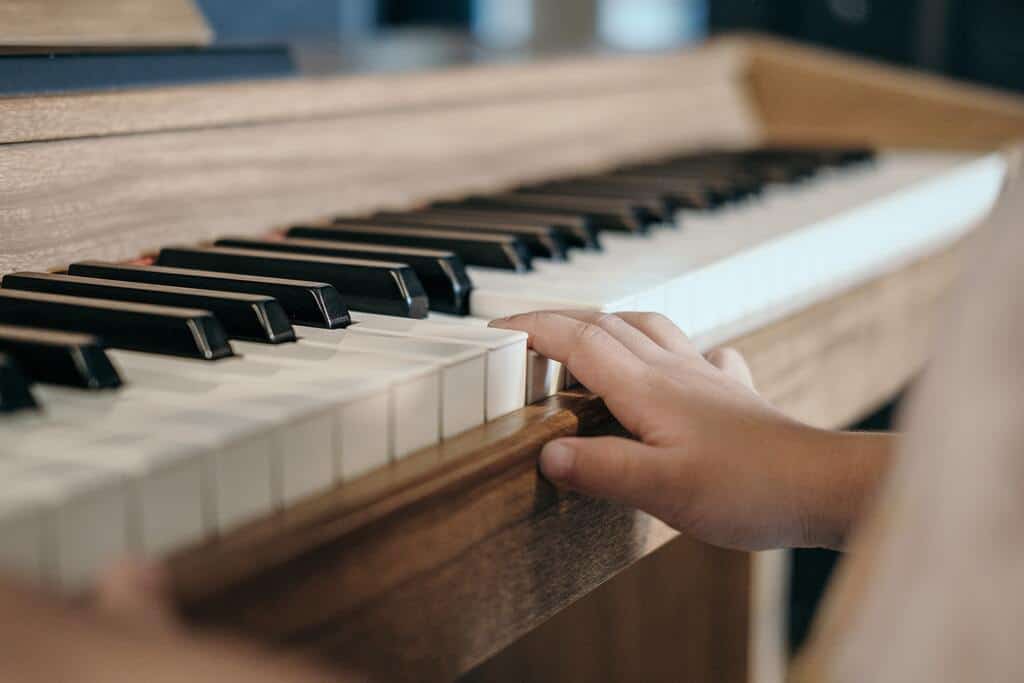Explore Exciting And Creative Kids Party Themes For Everyone
Planning a kid’s party is one of the most joyful tasks for parents and guardians. Children look forward to a celebration filled with fun, laughter, and creativity. Choosing the right theme can make the entire event more memorable. A well-planned theme not only excites kids but also helps organize decorations, games, and food easily. From adventure-inspired celebrations to magical fantasies, there are endless ways to make your child’s special day unforgettable.
- Classic and Timeless Themes
Some party themes never lose their charm. These are simple to plan and always loved by children of all ages.
- Animal Safari: Decorate with animal prints, jungle leaves, and plush toys. Kids can wear animal masks and play jungle treasure hunts.
- Fairy Tale Kingdom: Perfect for children who love magical stories. Use crowns, castles, and glittering décor.
- Under the Sea: Think of blue streamers, seashells, and mermaid-inspired activities.
These ideas are easy to customize, making them ideal for both small and large gatherings.

- Adventure and Action Themes
For kids who love excitement and exploration, adventure kids party themes are the best way to add energy to the celebration.
- Superhero Squad: Let children dress as their favorite heroes and take part in save the day challenges.
- Pirate Adventure: Treasure maps, gold coins, and pirate hats bring this theme to life.
- Space Explorer: Set up stars, planets, and rockets for a galactic celebration.
These themes make children feel like heroes of their own stories, keeping them active and entertained throughout the event.
- Creative and Artistic Themes
Some children love to express themselves through art, color, and imagination. Creative themes let them explore their talents while having fun.
- DIY Art Party: Provide canvases, paints, and brushes. Each child can create their own masterpiece to take home.
- Craft Workshop: Set up simple craft tables with paper, glue, and stickers.
- Color Splash Theme: Use bright balloons, confetti, and colorful games to make the space lively.
These options are engaging and also help develop creativity among young minds.
- Fun and Food-Based Themes
Kids love food, and incorporating it into the theme adds an extra layer of excitement.
- Candyland Party: Fill the venue with sweet decorations and colorful treats.
- Pizza Party: Let kids make their own mini pizzas with various toppings.
- Ice Cream Celebration: Create a mini ice cream bar with fun toppings and cones.
These parties are simple to host and guarantee happy smiles all around.
- Tips to Make Any Theme Successful
No matter which theme you choose, planning is key. Here are quick tips for success:
- Choose a theme that matches your child’s interests.
- Set a color scheme for easy decoration planning.
- Keep games short, fun, and age-appropriate.
- Add personalized touches like name tags or themed goodie bags.
- Ensure food and activities are safe for all kids.
A creative theme can transform an ordinary birthday into an extraordinary memory. Whether it is magical, adventurous, or artistic, every theme adds joy and imagination to a child’s celebration. Focus on what makes your child happiest, add playful details, and you will create a party everyone will remember with a smile.





